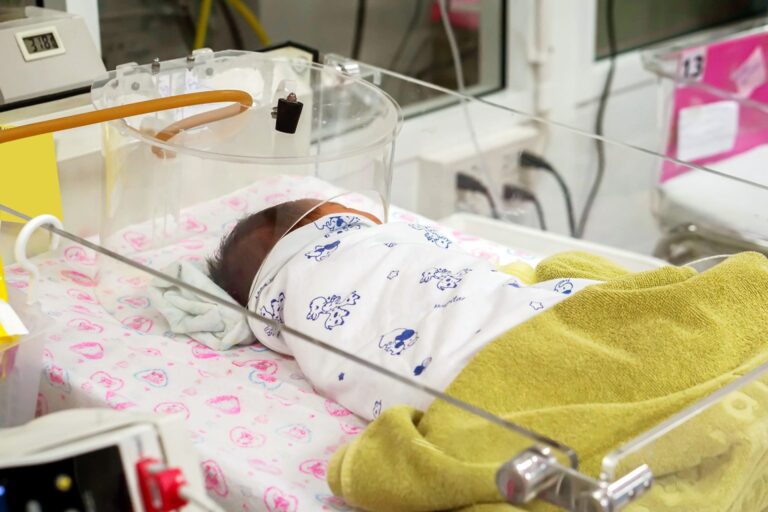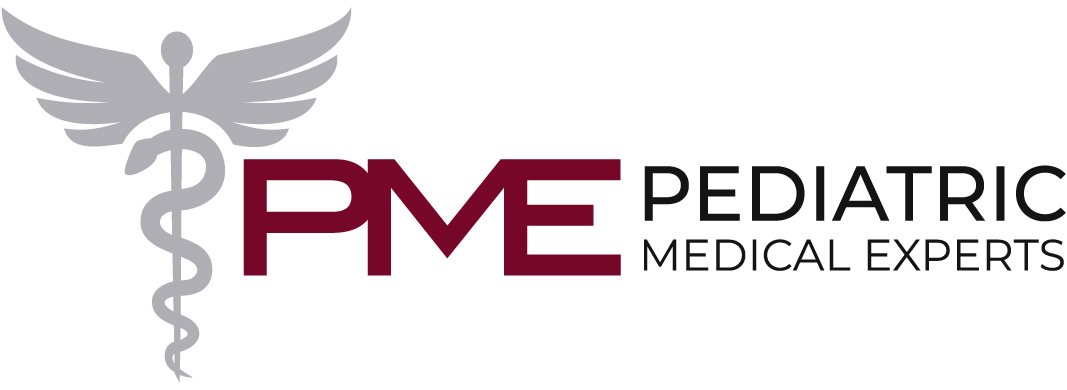By Santa J. Bartholomew M.D. FAAP, FCCM
What is Periodic Breathing in Infants?
Periodic breathing is a normal condition that affects healthy moderately preterm infants. It is characterized by periods of irregular breathing in which the infant breathes rapidly for several cycles then has a 5 to 10 second pause in breathing, only to repeat the cycle again.
Periodic breathing usually occurs during sleep and is often seen in premature babies, although it can happen in term infants it is quite rare.
How is Periodic Breathing Different from Apnea?
Apnea is a developmental disorder that reflects physiologic immaturity on the part of an infant in which breathing stops for more than 20 seconds. Apnea can be caused by many things, including respiratory infections, heart problems, reflux and most commonly prematurity. Unlike periodic breathing, apnea can be life-threatening and requires immediate medical attention.
In this blog post, we’ll discuss how to diagnose periodic breathing in infants, as well as what you should do if your child exhibits symptoms.
Unlike periodic breathing, apnea can be life-threatening and requires immediate medical attention.
Signs and Symptoms of Periodic Breathing in Infants
The most common symptom of periodic breathing is periods of irregular breathing during sleep. Other signs and symptoms include:
- Crying or grunting during periods of irregular breathing
- Stopping breathing for 5-10 seconds followed by deep sighing or gasping and repeat of the breathing pattern.
Signs and Symptoms of Apnea in Infants
Apnea can become evident in preterm infants in the first two or three days of life who are breathing unassisted from support.
- There are periods of 15+ seconds or more of not breathing.
- There may be color change: bluish lips
- The heart rate in the infant may slow down

Treatment for Periodic Breathing in Infants
Most healthy babies outgrow periodic breathing on their own within a few months. As such, treatment is typically not necessary. Simply following guidance for safe sleeping, such as lying your infant on his/her back, can often alleviate symptoms.
When Should You Seek Medical Attention?
Parents should call 911 if a child exhibits more serious symptoms and is in need of emergency help. Examples of times when it may be necessary to contact 911 include:
- Child stops breathing, their skin turns blue, or they become unconscious
- Child experiences severe trouble breathing with chest sinking in, using their belly muscles to breathe, or their nostrils begin flaring during an episode of difficult breathing.
- In severe cases, it may be necessary for you to proactively administer rescue breathing and follow any instructions provided by emergency providers while you wait for assistance to arrive.
Final Thoughts on Periodic Breathing in Infants
If you think your infant may be experiencing periodic breathing, it’s important to talk to your healthcare provider. They will be able to properly diagnose the condition and recommend treatment options that are best for your child. Most healthy babies outgrow periodic breathing on their own, but there are some actions parents and providers can take that can help alleviate the symptoms in the meantime. With proper care, infants will be back to regular breathing in no time.
References:
Sleep apnea: https://www.ncbi.nlm.nih.gov/books/NBK441969/
Periodic breathing timing: https://www.stanfordchildrens.org/en/topic/default?id=breathing-problems-90-P02666
Treatment: https://myhealth.alberta.ca/Health/aftercareinformation/pages/conditions.aspx




